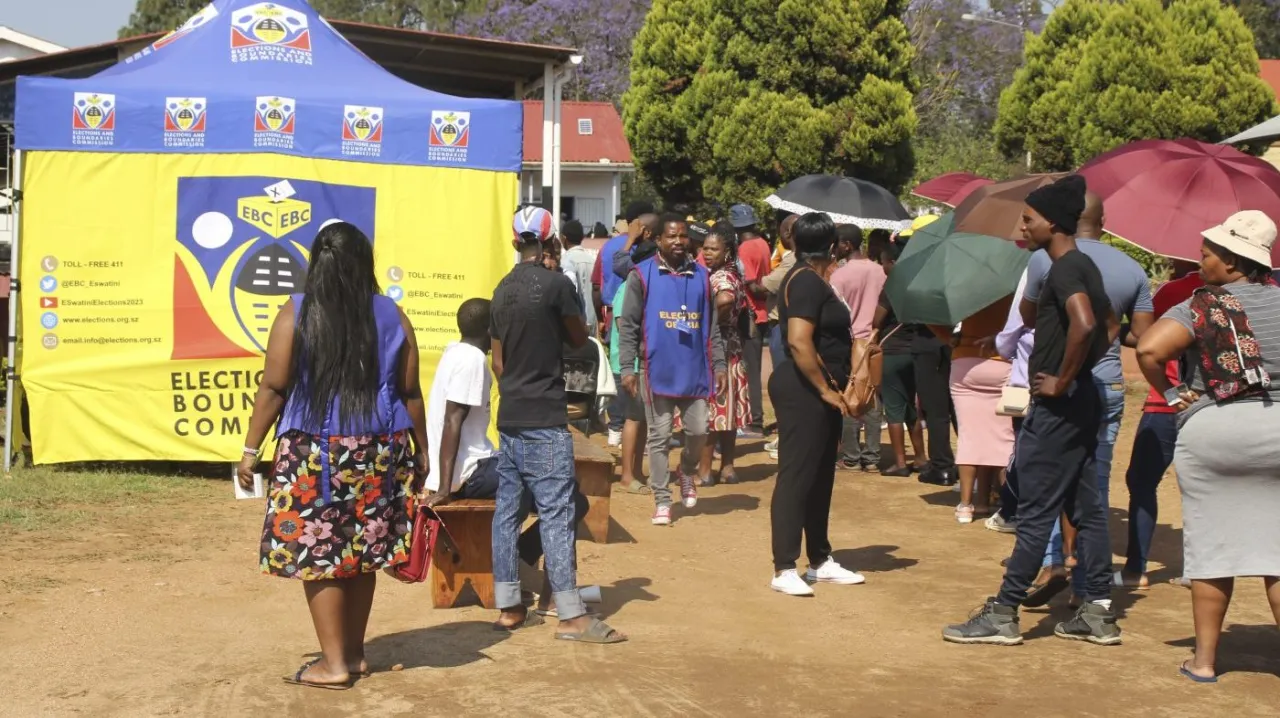
Eswatini opens diplomatic talks to return US-deported convicts to home countries
Eswatini has launched diplomatic negotiations with five countries to facilitate the repatriation of foreign nationals convicted in the United States and currently held in the kingdom under high-security detention.
The Ministry of Foreign Affairs and International Cooperation confirmed on Thursday that discussions are underway with Yemen, Cuba, Jamaica, Laos, and Vietnam to ensure the safe and orderly return of their citizens.
The deportees, all third-country nationals, were transferred to Eswatini following their removal from the US and are now detained in maximum-security correctional facilities.
Foreign Affairs Minister Pholile Shakantu said the government has moved swiftly to allay regional security concerns, particularly those raised by neighbouring South Africa.
Pretoria had expressed its unease over the transfer and custody arrangements through a Non-Paper Demarche submitted by the Department of International Relations and Cooperation.
“We have assured the South African government that the individuals pose no security threat,” said Minister Shakantu.
“They are being held under the highest security standards.”
Shakantu further explained that Eswatini is working in coordination with the International Organization for Migration (IOM) to manage the deportation process.
The IOM is assisting with logistical planning and reintegration measures to help the individuals transition back into their home countries.
“The five individuals were convicted of standard criminal offences similar to those handled within the country’s correctional system,” the minister said. “They are currently housed in the most secure facilities operated by His Majesty’s Correctional Services.”
The minister emphasized that Eswatini’s actions reflect its longstanding foreign policy of Anginasitsa — or “Having No Enemy” — which underpins its role as a regional mediator and a haven for displaced persons.
In past decades, the Kingdom has opened its doors to those fleeing conflict from South Africa, Mozambique, Rwanda, Burundi, Somalia and the Democratic Republic of Congo. Refugee centres were established in Malindza and Ndzevane, and South Africans escaping apartheid were integrated into local communities without separate camps.
Shakantu concluded by affirming Eswatini’s dedication to regional cooperation: “Eswatini remains committed to peaceful cooperation and open communication with South Africa and all other partners involved.”



